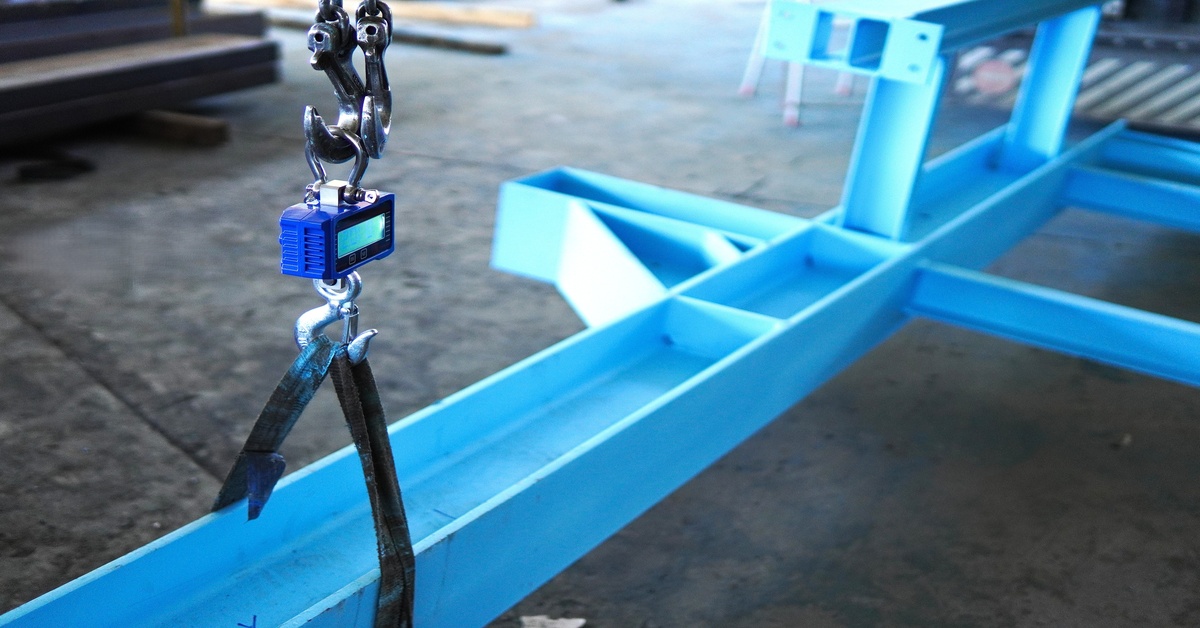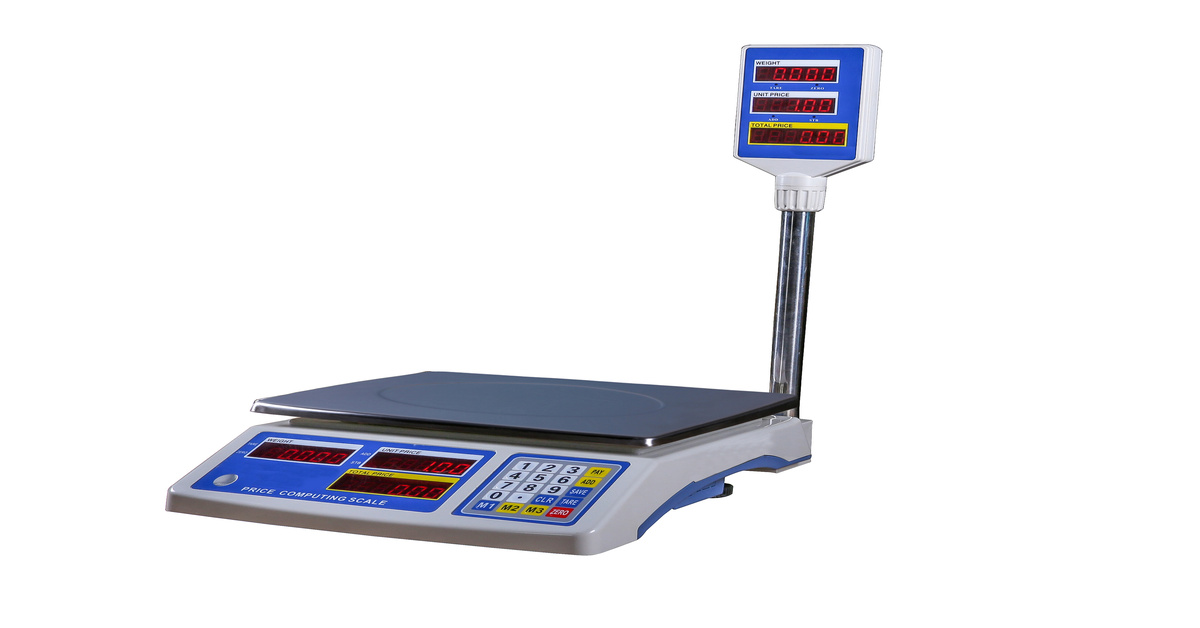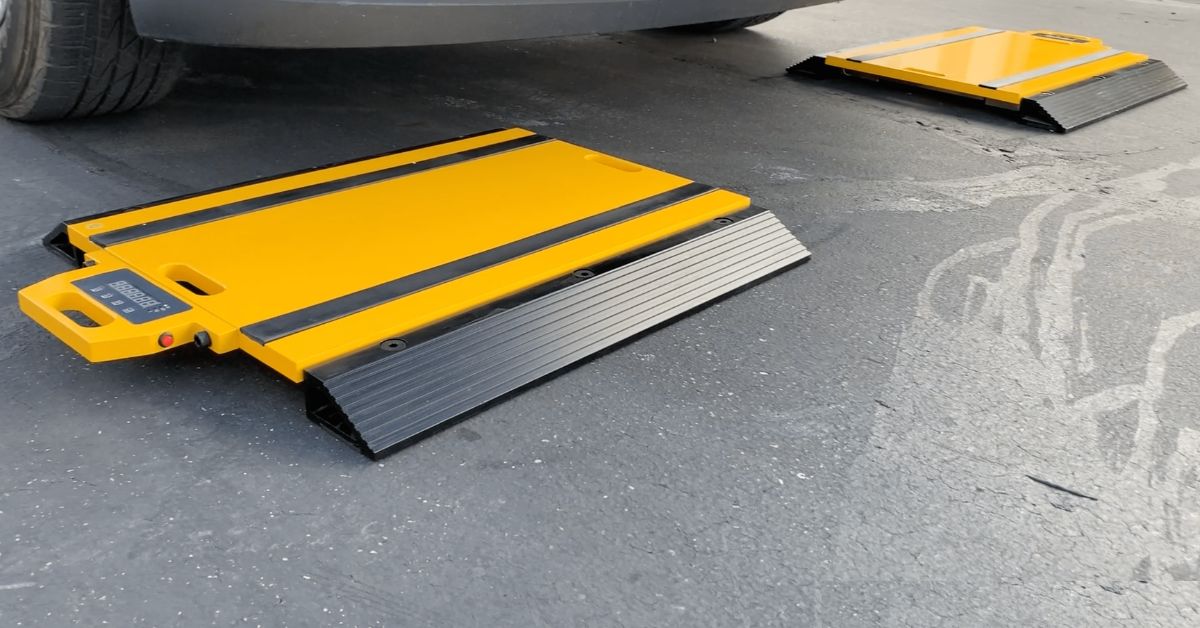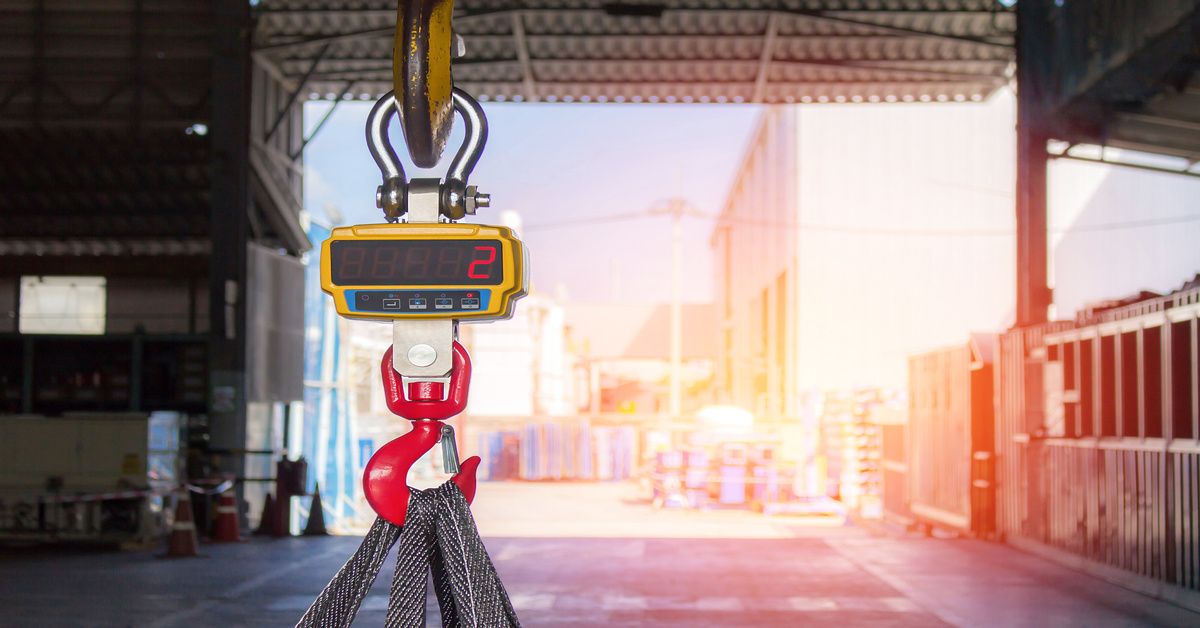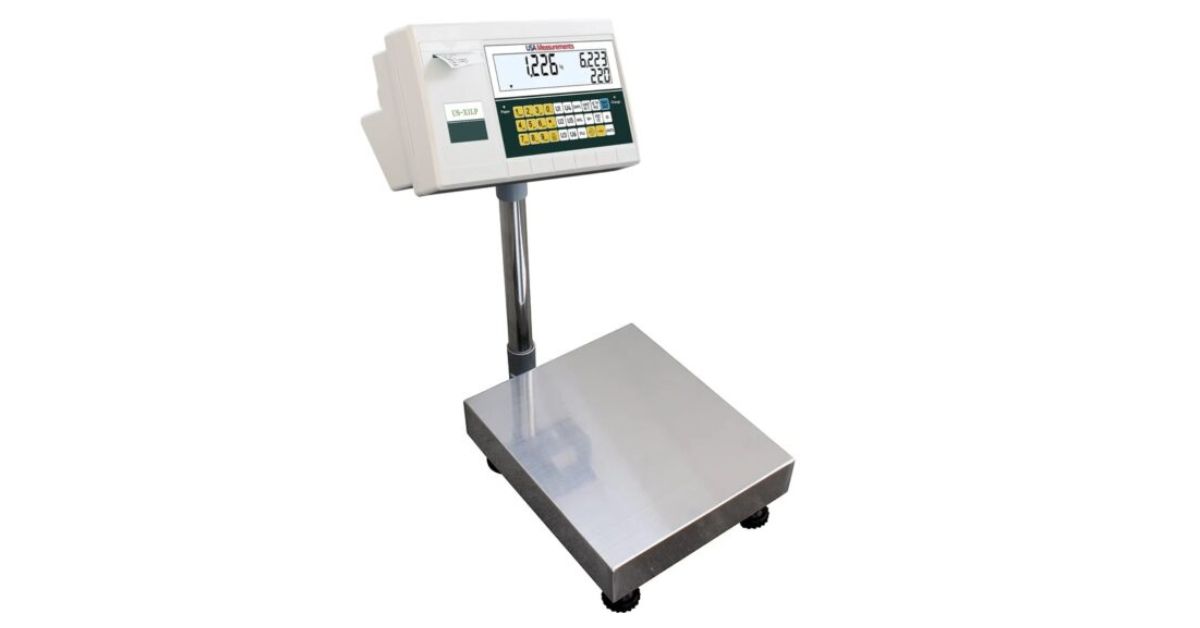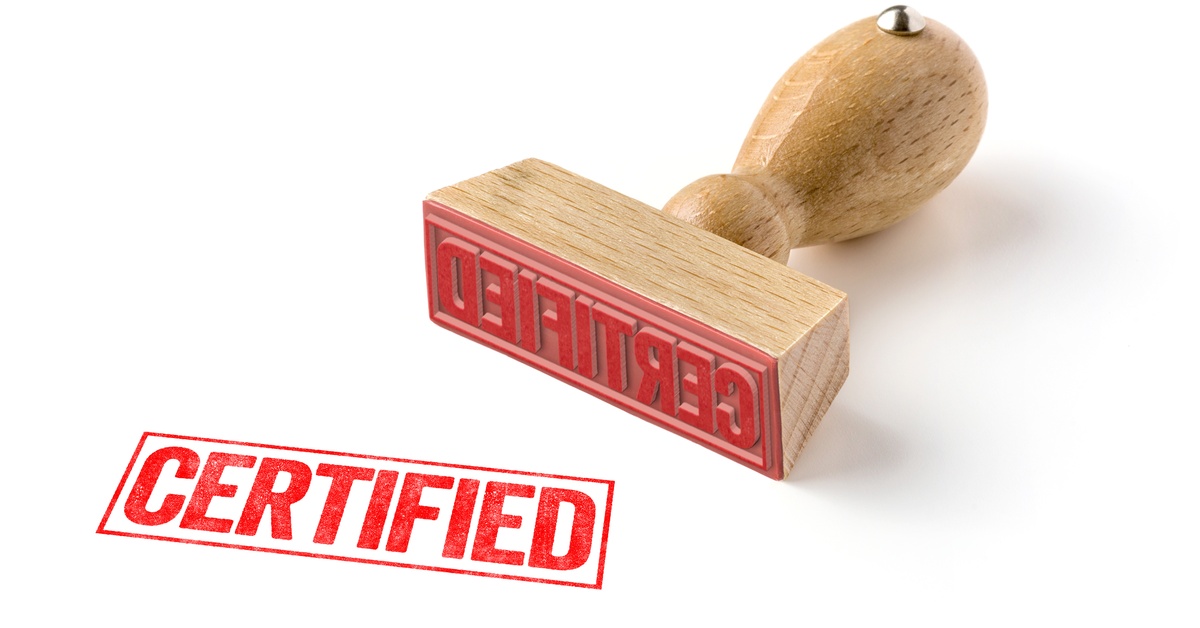When you need to weigh heavy, suspended loads, you must choose the right equipment for safety and accuracy. You can make the ideal choice for your specific application when you understand the differences between load cell crane scales, specifically shear beam and compression design. Both…
Veterinary Floor Scale Accuracy: Load Cell Placement Impact
Veterinarians must measure weight accurately to diagnose conditions and calculate treatment dosages correctly. When engineers design veterinary floor scales, they must place the load cells carefully to maintain the scale’s accuracy. Veterinarians should understand how load cell placement impacts veterinary floor scale accuracy. This knowledge…
Why Dust and Water Resistance Is Important for Bench Scales
Businesses that rely on precise weighing quickly see why dust and water resistance is important for bench scales. Dust, moisture, and spills interfere with scale sensors, damage internal components, and shorten the equipment’s lifespan. Companies handling food, chemicals, or raw materials can obtain reliable readings…
How Portable Axle Scale Durability Is Tested
Every trucking company relies on accurate weight data to stay compliant, protect equipment, and avoid costly fines. The problem arises when equipment designed to deliver that accuracy fails under real-world stress. Portable axle scales face constant exposure to harsh weather, heavy traffic, and relentless loading…
Load Cell Tech in Weight Scales: Shear Beam vs. Canister
Business owners who rely on accurate weighing understand that load cells make the difference between reliable data and costly errors. The choice between shear beam and canister loads can confuse new owners who have little experience with warehouse operations. Load cell tech in weight scales…
3 Signs the Load Cells in Your Livestock Scale Are Broken
A dependable livestock scale keeps your farm on track. When the load cells inside the scale break, the numbers on the display stop telling the truth. That inaccuracy spreads quickly through your work. Feed budgets spiral out of control when animals show heavier weights than…
5 Ways To Avoid Rusting on Your Crane Scale
Rust threatens crane scales more than most other hazards, especially in warehouses or industrial environments where humidity, temperature changes, and airborne contaminants exist. Preventing corrosion keeps your equipment reliable, accurate, and safe for daily use. These five tips will help you avoid rusting on your…
A Look at Recent Innovations in Bench Scales
Companies that use weighing equipment rely on precision, durability, and ease of use. Bench scales support a wide range of industries, including food processing, pharmaceuticals, manufacturing, and logistics. Over the past few years, manufacturers have introduced major upgrades that change how bench scales perform during…
6 Industries That Benefit From Axle Scales
Axle scales have become essential tools across numerous industries that prioritize weight compliance and load management. These precise instruments help businesses maintain safety standards, avoid costly fines, and optimize operations. Let’s explore the key industries that rely on axle scales for their daily operations and…
The Difference Between Certified and Non-Certified Scales
Small and medium-sized businesses rely on accurate measurements to keep operations running smoothly. When weighing products or materials, knowing the difference between certified and non-certified scales is essential. The difference comes down to how they’re tested, approved, and used, and how the one you choose…
